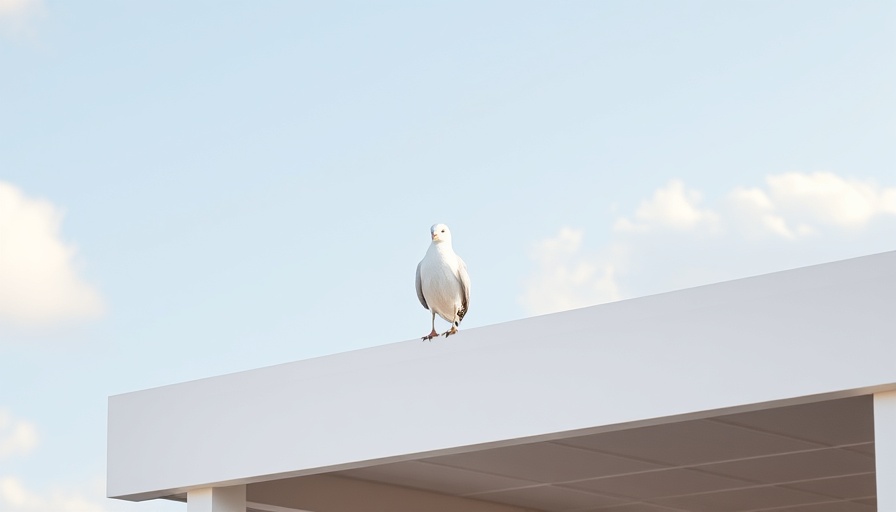
Why Your Gazebo Attracts Birds
Understanding why birds are drawn to your gazebo is essential to implementing effective deterrents. The sheltered environment offers them protection from the elements and a safe perch away from predators. Gazebos also provide ideal nesting spots, especially if they are located near food sources. This knowledge is the foundation for making your gazebo less inviting to our feathered friends.
Strategies to Deter Birds
Simple adjustments can significantly minimize the bird presence. Start by ensuring cleanliness; clearing away food scraps is crucial. Regularly wipe down surfaces and avoid leaving out pet food that might attract them. Consider using bird feeders strategically located away from the gazebo to reduce traffic.
Installing Physical Barriers
If birds persist despite your efforts, using physical barriers can effectively keep them out. Lightweight bird netting around open sides or using weatherproof curtains provides a non-intrusive way to block entry. Additionally, reflecting strips or ribbons can deter birds by exploiting their aversion to shiny, moving objects.
Natural Repellents for Sensitive Solutions
For a more environmentally friendly approach, consider using natural bird repellents. Birds dislike specific scents, such as peppermint and cloves. Using cotton balls soaked in these oils can act as effective deterrents. Vinegar sprays can also help maintain an unpleasant scent that birds avoid.
Conclusion: A Bird-Friendly Approach
Maintaining your gazebo as a relaxing haven without unwanted bird guests doesn't have to involve harm. With these techniques, you can create an enjoyable atmosphere while respecting wildlife. By understanding the birds' needs and adapting your environment, you can strike a harmonious balance. Explore more about avian insights and tips to keep your space serene!
 Add Row
Add Row  Add
Add 




Write A Comment